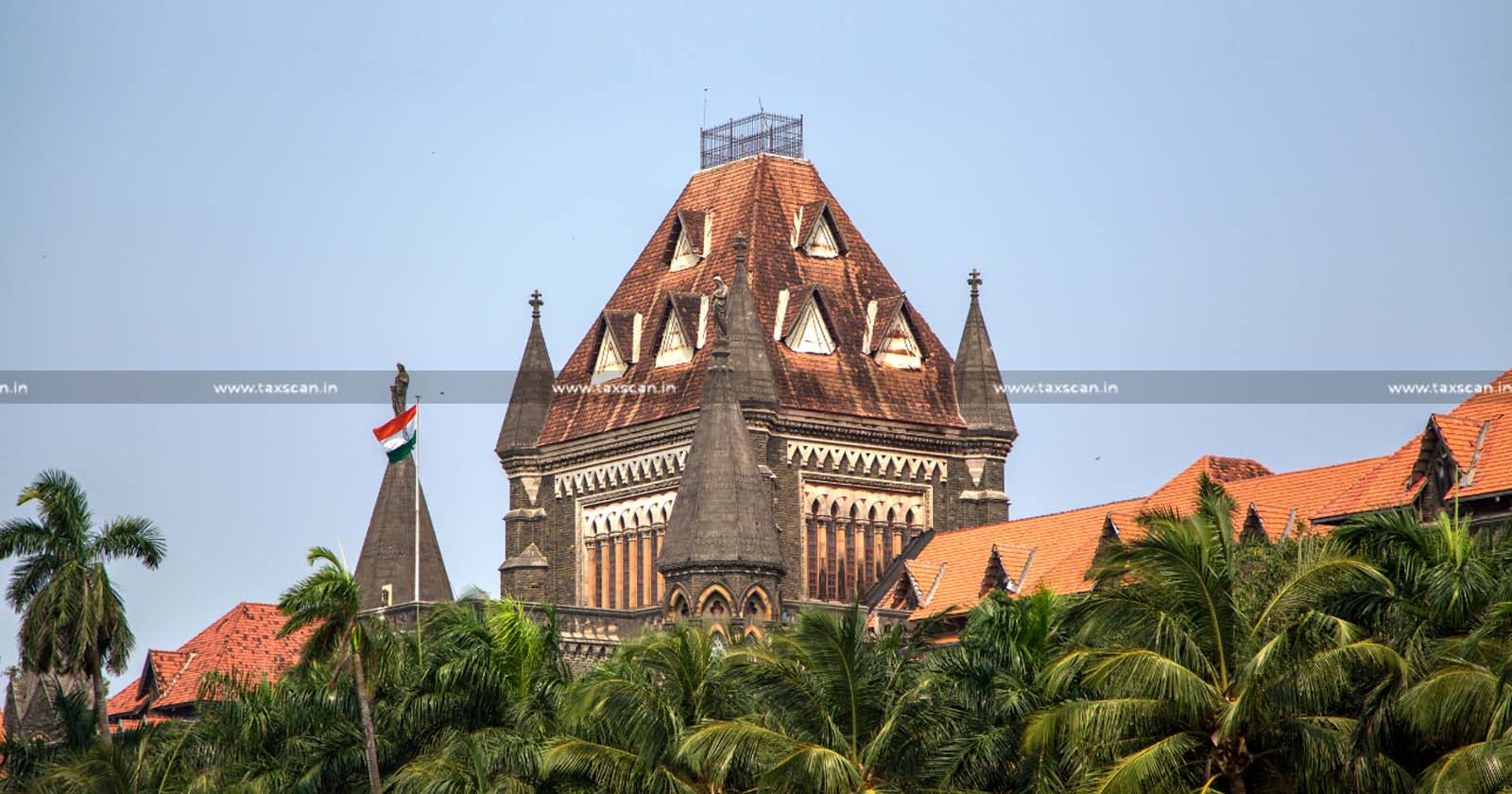Adjudication for Assessing Stamp Duty required to be made by Determining True Market Value of Property: Bombay HC [Read Order]
Adjudication for assessing stamp duty required to be made by determining true market value of property, rules Bombay HC

Bombay High Court – Stamp Duty – Adjudication for Assessing Stamp Duty – Tax news – taxscan
Bombay High Court – Stamp Duty – Adjudication for Assessing Stamp Duty – Tax news – taxscan
In a recent decision the Bombay High Court held that the adjudication for assessing stamp duty is required to be made by determining the true market value of the property.
This petition challenged an order passed by the Chief Controlling Revenue Authority rejecting the appeal preferred under Section 53(1A) of the Maharashtra Stamp Act, 1958 (“The Stamp Act”). The petitioners preferred the said appeal to challenge an order dated 18th September 2012 passed by the Collector in an adjudication case under Section 31 of the Stamp Act, calling upon the petitioners to pay an amount of Rs.7,14,740/- against deficit stamp duty on the deed of conveyance. Based on a sale permission for the non-agricultural use of the land for a housing scheme, the deed of conveyance was executed in favour of the petitioners.
The counsel for the petitioners submitted that the petitioners, by filing an appeal, raised objection on the assessment made by the Collector of Stamps while adjudicating the deed of conveyance by considering the status of the said land as ‘Non-Agricultural Land’.
It was then submitted that the petitioners were thus required to pay additional stamp duty because of the wrong adjudication; hence, the petitioners are entitled to a refund of the additional stamp duty paid as per the assessment of the Collector of Stamps and the amount of penalty imposed by the said adjudication order.
The AGP submitted that at the time of execution of the deed of conveyance, since the amount of market value was higher than the amount of consideration for the sale, the petitioners were liable to pay the stamp duty on the higher value in terms of Section 4 of the Stamp Act and that no fault can be found in the adjudication made by the Collector of Stamps and the subsequent order upholding the adjudication.
A Single Bench of Justice Gauri Godse held that “Sub-section (2) of Section 31 permits calling for an affidavit or evidence as deemed necessary by the Collector to examine the facts and circumstances affecting the chargeability of the instrument with duty or the amount of the duty with which it is chargeable. This provision also allows the Collector to refuse to proceed with the adjudication unless a true copy of the abstract of the instrument and evidence have been furnished.”
“Sub-section (3) of Section 31 permits stamp duty assessment by determining the true market value of such property as specifically provided in the said provision. Thus, adjudication for assessing the stamp duty is required to be made by determining the true market value of the property” the Bench noted.
To Read the full text of the Order CLICK HERE
Support our journalism by subscribing to Taxscan premium. Follow us on Telegram for quick updates


